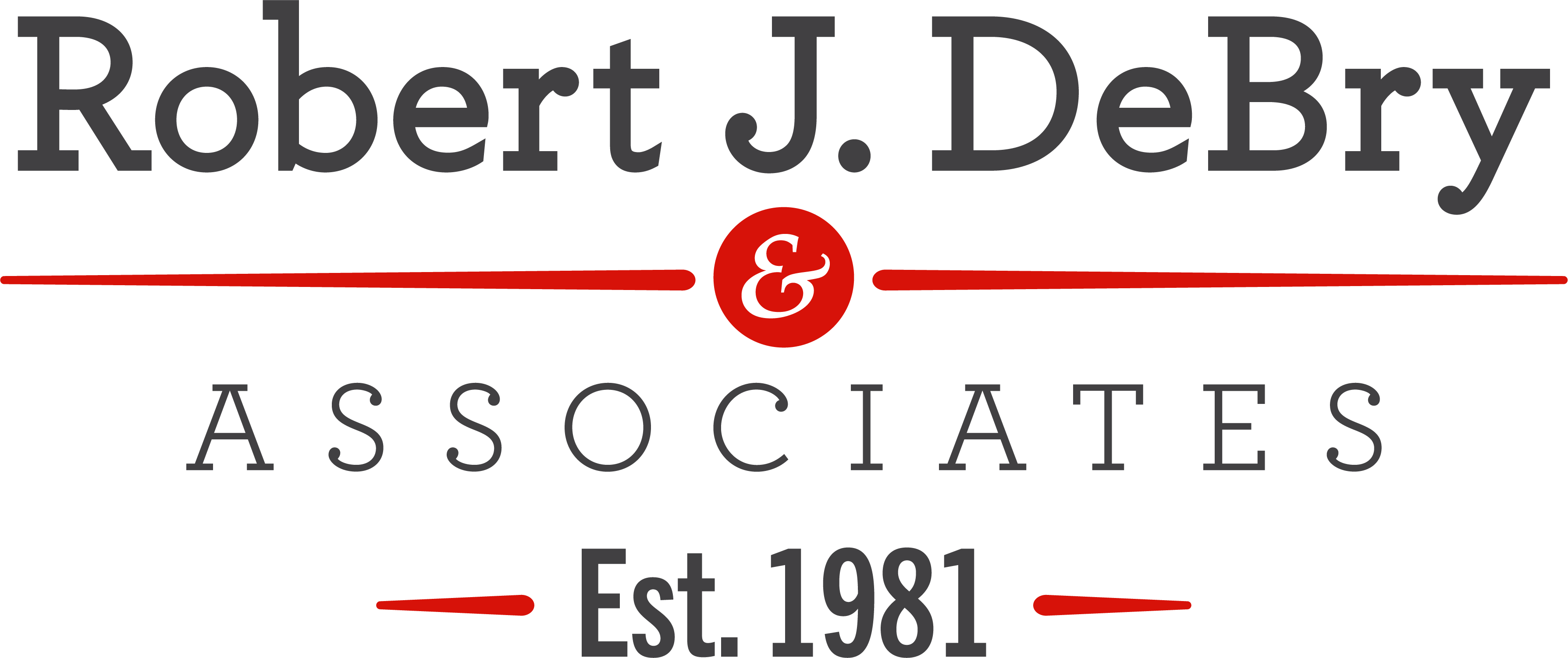Contact a Personal Injury Attorney
More than 31 million injuries that necessitate medical care occur in the US annually. Nearly two million of these require hospitalization, whereas almost 162,000 people succumb to these injuries. Some personal injury cases such as auto and construction site accidents, medical malpractice, and wrongful death give the right to claim damages. If you have experienced any of these personal injuries, you may consider hiring a personal injury attorney.
Below is the legal process for filing personal injury claims:
Filing A Complaint
Following a personal injury accident, the first step entails filing a legal complaint and effectively beginning the lawsuit. The complaint contains essential information, including the parties’ identities involved, the legal claims, and the facts relating to the case at hand. It’s vital to consult a professional personal injury attorney to help you in filing the complaint.
Answer
Once the complaint is filed and served, the defendant must respond within a stipulated amount of time, often within 21 days. Answer refers to the defendant’s response to the complaint. It addresses all the paragraphs in the complaint by either accepting or denying the allegations.
Discovery
In this step, the parties start the process by looking for evidence from each other. The process is known as ‘discovery.’ Both parties should gain access to all the relevant information and request all the information they want. The lawyers use interrogation, requests for production and admission, depositions, and physical examinations to obtain information.
Motions
Parties use motions to request the court to rule or act. Common motions in these particular cases include motions for summary judgment, default judgment, and compelling.
Pre-trial Negotiations And Trial
The personal injury attorney should try to resolve the case before reaching the trial stage through arbitration and negotiations with the other party. If the case gets to trial, the judge analyses the evidence and makes a judgment; he might award you money damages.
Appeal
Either of the parties can appeal the decision if they don’t agree with the trial results. If the appeal is approved, the parties are required to submit their briefs to the appeal court. The appellate court then reviews the records and relevant information from the trial court.
Contact Our Personal Injury Attorneys Today!
Personal injury claims are lengthy and complex; if you’re impatient, you may give up and let go of the case. At Robert J. Debry & Associates, we have experienced personal injury attorneys who’ll help you and ensure you get the money you deserve.
